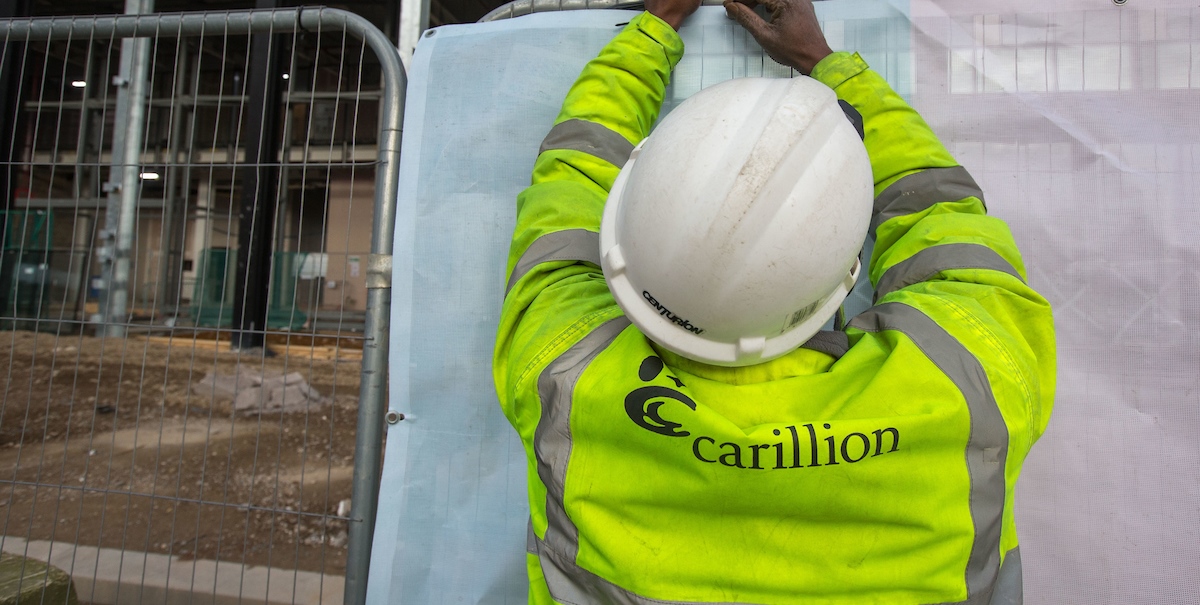Access to justice threat
Workers up against unsafe employers will have little recourse to justice after being forced to pay their own legal fees if injured at work under new government plans.
The government is proposing to raise the small claims limit to £2000, up from the £1000 where it stands currently. The limit will be raised even higher – to £5000 – for road traffic cases. If the plans go through, people who suffer injuries deemed to be worth less than £2000 or less than £5000 if injured on the road will not be able to recover the cost of legal fees from those who have done them harm as is the case now.
The government has defended the plans by arguing they are meant to deter people from making fraudulent whiplash claims but Unite has highlighted that people injured at work – where there has not been any allegation of fraud – will be hit hard by these plans.
HGV drivers, paramedics, bus drivers and other people who mostly drive during work will be doubly hit by government proposals since they will face a much higher small claims limit of ÂŁ5,000.
Common workplace injuries in vehicles that would fall under the ÂŁ5,000 limit include being instantly killed, some forms of post-traumatic stress disorder, minor eye injuries, toxic fumes and smoke inhalation leading to some lung damage, broken wrist and some facial disfigurement.
Injuries which are likely to fall below the proposed ÂŁ2,000 limit include minor brain damage, psychiatric damage, collapsed lung, food poisoning, broken nose and loss of some teeth.
Unite has said that under the increased limit, workers who cannot afford often hefty legal fees will be faced with the choice of either dropping the claim or representing themselves. Research has shown that people who represent themselves in personal injury claims are at a great disadvantage when up against employers who can afford expensive lawyers.
No debate
The government has also been criticised for seeking to hike the small claims limit without discussion – the reform will be pushed through via statutory instrument, which does not require a vote or parliamentary debate.
Increasing small claims limits isn’t formally part of the Civil Liability Bill, which will receive its second reading tomorrow (September 4), but it’s part of a package of measures the government is pushing through to reduce the legal costs of personal injuries.
Shadow minister for justice Gloria De Piero slammed the government proposals.
“These changes mean more workers will be faced with a choice: either pay for legal help out of your own compensation, continue unrepresented and face large insurers who will continue to be able to afford lawyers or simply drop the claim,” she said.
“Disgracefully, [the government] won’t even be bringing these changes to the floor of the House of Commons where they would be fully scrutinised and debated by MPs,” she added. “The Tories are trying to avoid the full scrutiny these changes desperately need.”
Unite assistant general secretary Howard Beckett agreed.
“The government is shielding dangerous bosses from justice,” he said. “Bad bosses who play fast and loose with workers lives will be able to escape paying compensation on the majority of workplace injuries.
“The proposed changes will save the government’s friends in the insurance industry millions in compensation claims, which is nice work if you can get it, while making workplaces more dangerous.
“Drivers and other road workers are facing a double whammy with their limit being set at £5,000 meaning they could be killed and their loved ones denied any compensation,” he added.
“Trade union personal injury cases are one small measure through which workers who are injured at work as a direct result of bosses’ actions can achieve justice.
“If workers can’t receive compensation for their injuries, they will also be denied claiming compensation for loss of earnings,” Beckett explained. “Bad bosses will know that even if they injure a worker they won’t have to pay them their wages while they recover.
“Previously in cases such as asbestos diseases it was only the sheer weight of claims for lower levels of damage which finally forced the government to act to ban the substance.
“Developing areas of serious workplace dangers such as aerotoxic incidents and exposure to diesel fumes, are much less likely to be tackled if workers can’t claim compensation for damage to their health.”
Find out more about the government’s proposals and how you can get involved in the campaign against them on Thompsons Solicitors’ #FeedingtheFatCats webpage here.Â
 Like
Like Follow
Follow


